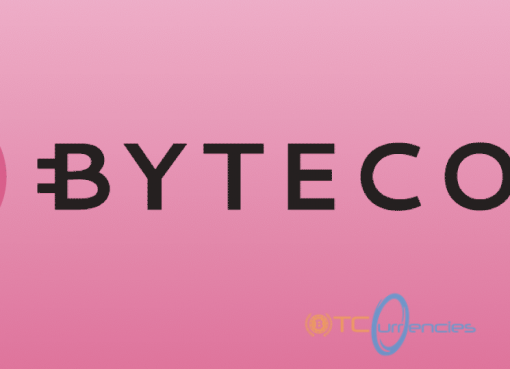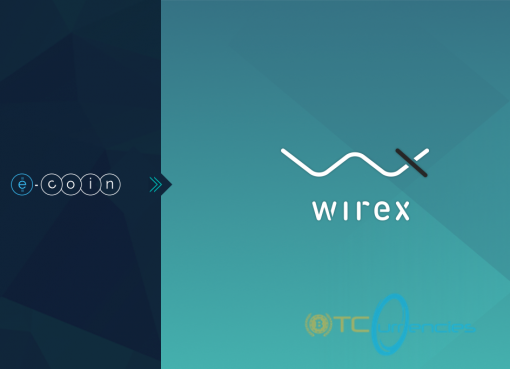Bitgrail says it is not responsible for a recent hack which saw the crypto exchange and customers lose 17 million Nano or XRB, a document disseminated to a Telegram group comprising of victims of the hacking has revealed. However, despite denying responsibility for the hack, the company has stated that it is going to “voluntarily” refund customers by creating and issuing BGS tokens.
The document that was prepared by Francesco Firano, operator of Bitgrail, has been the main subject of widespread media reporting. The Telegram group has made available a summarized and translated version of the document since, apparently, Mr. Francesco Firano “didn’t want the entire document” shared. Mr, Firano approved the release of the translated summary.
Part of the summary reveals that Bitgrail has “plans to reopen soon” and the date for its re-launching “will soon be announced.” The translated document also states that the crypto exchange “still sees itself as not any responsible for the hack and subsequent theft and as such, it will believe it has no obligation to pay back the stolen coins.”
Users will be refunded with BGS tokens
The Italian company says that “on re-opening, all non-nano funds should be available and also withdraw-able. Nano balances are going to be set to 20 percent of what they were before.” Bitgrail also states that to repay the other 80 percent of nano balances, it will “voluntarily” create new tokens called Bitgrail Shares (BGS), which it will issue to users affected by the hack and subsequent theft. The crypto exchange says that it will later buy back the tokens at USD 10.50 per token. The purchase is scheduled to take place every end month. The translated document reveals that Bitgrail intends to use up to half of the profits it collects each month to make the purchases.
However, participation in the firm’s “voluntary” refunding comes with some stipulation; at the re-opening, the company will require its customers to waive all their rights to legal action and sign a document proclaiming so.
Speculation on an exit scam continue
Various stakeholders have accused the Italian crypto exchange saying that the hacking and subsequent theft might have, in a way, compromised an inside scheme. Apparently, Bitgrail was in business mainly to facilitate Nano trading. Nano, which was previously called Railbocks, languished in relative uncertainty before coming back late in 2017 and making profits of up to 17,500%.
Critics of the small crypto exchange have been pointing out the persistent difficulties that many users reported when attempting to withdraw their funds during the time before the hack. Many critics suggest that the hack might have been a cover-up for a probable exit scam.
The Nano team has denied the allegations and has since sought to distance itself from Mr. Firano and the entire crypto exchange. Last month, the NanoCore Team stated that “we now believe that Mr. Francesco Firano has previously misled our team and the entire community about the solvency of Bitgrail for a significantly long time, we have sufficient reasons to believe this.”




